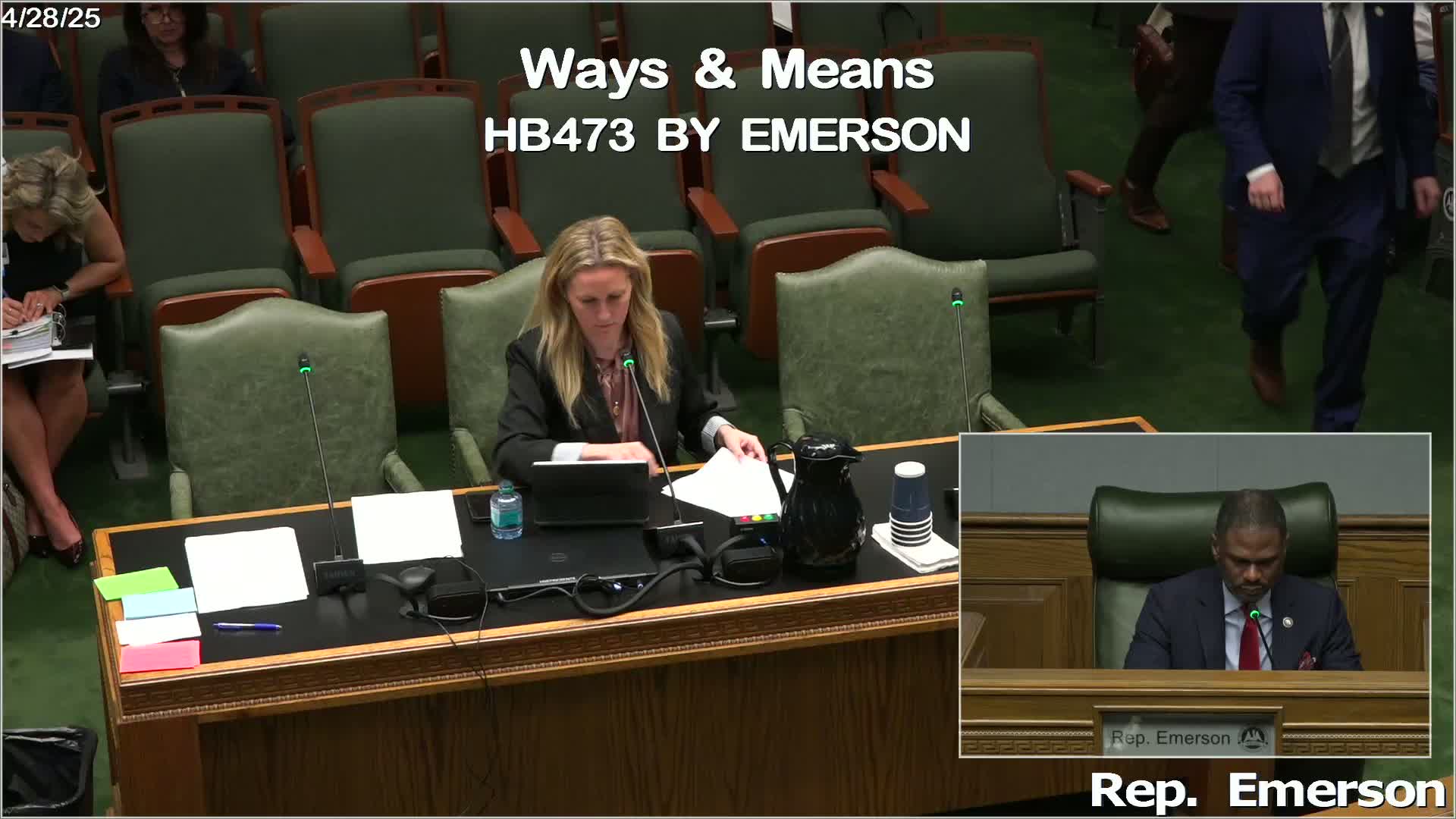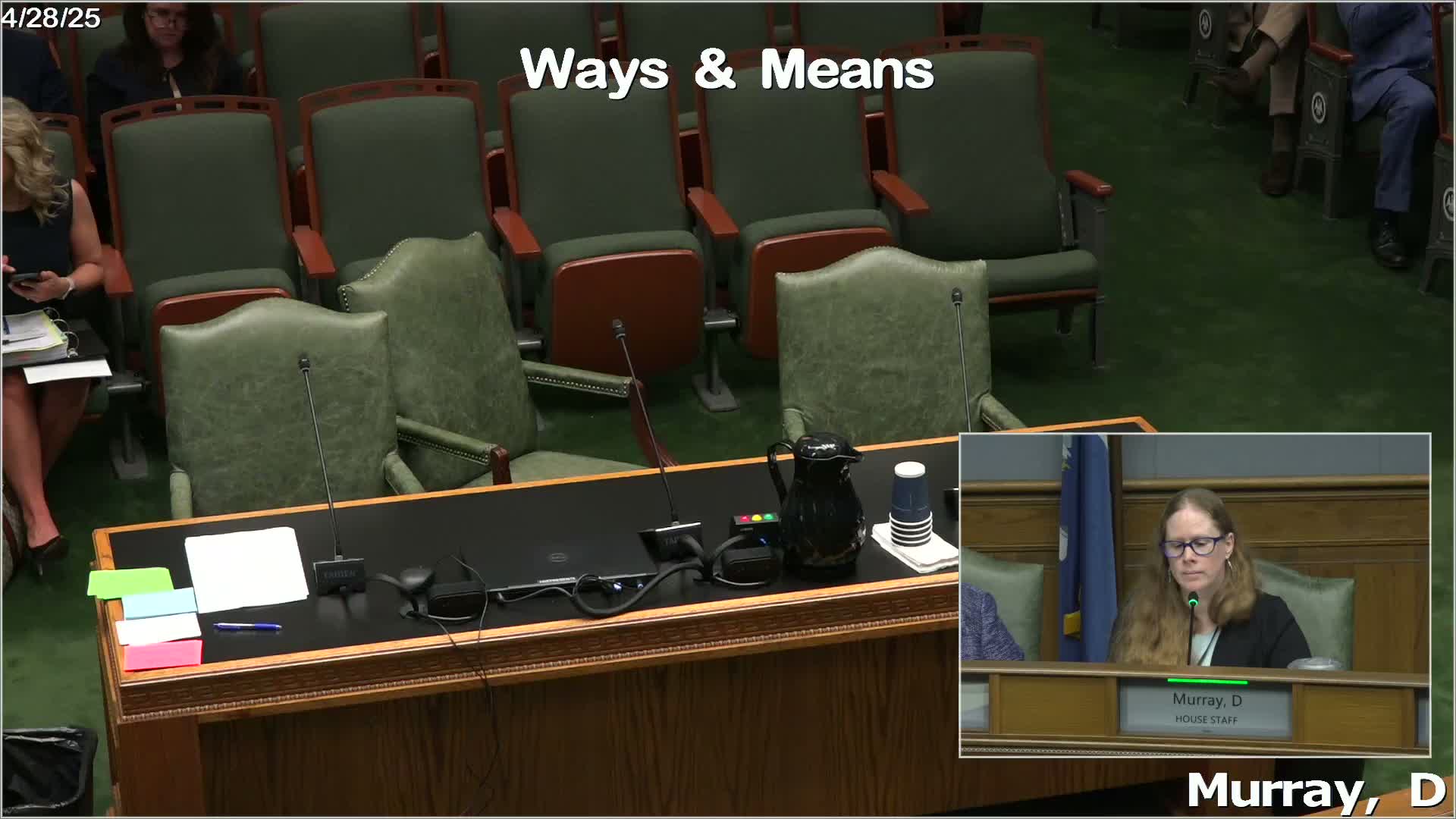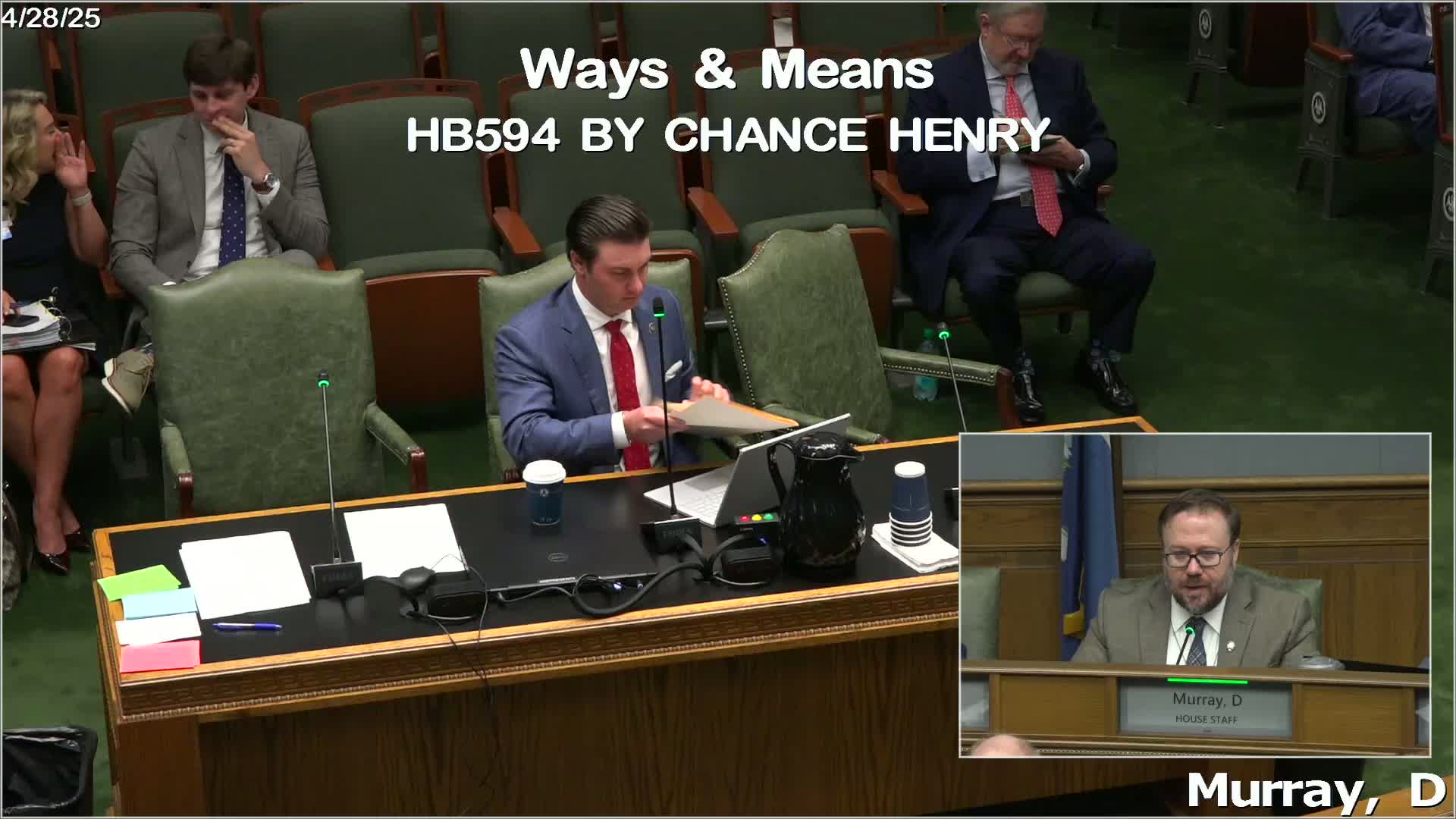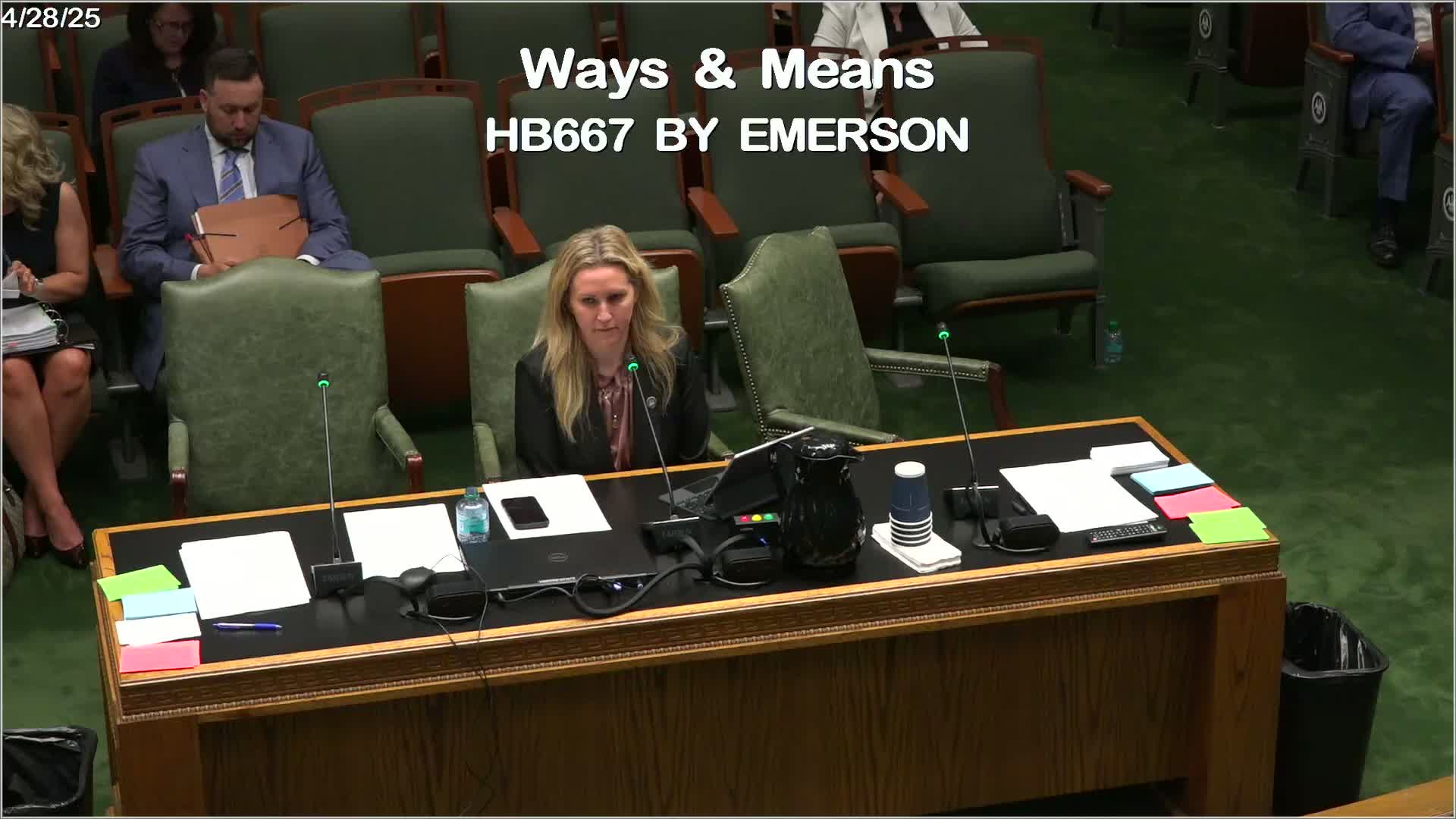Article not found
This article is no longer available. But don't worry—we've gathered other articles that discuss the same topic.

Committee advances bill to apply $2 billion to TRSL unfunded liability; speakers flag program trade-offs

Committee advances Article VII amendment to combine budget and revenue stabilization funds

Committee advances insurance-premium tax overhaul; bill would set a flat rate and narrow certain credits

